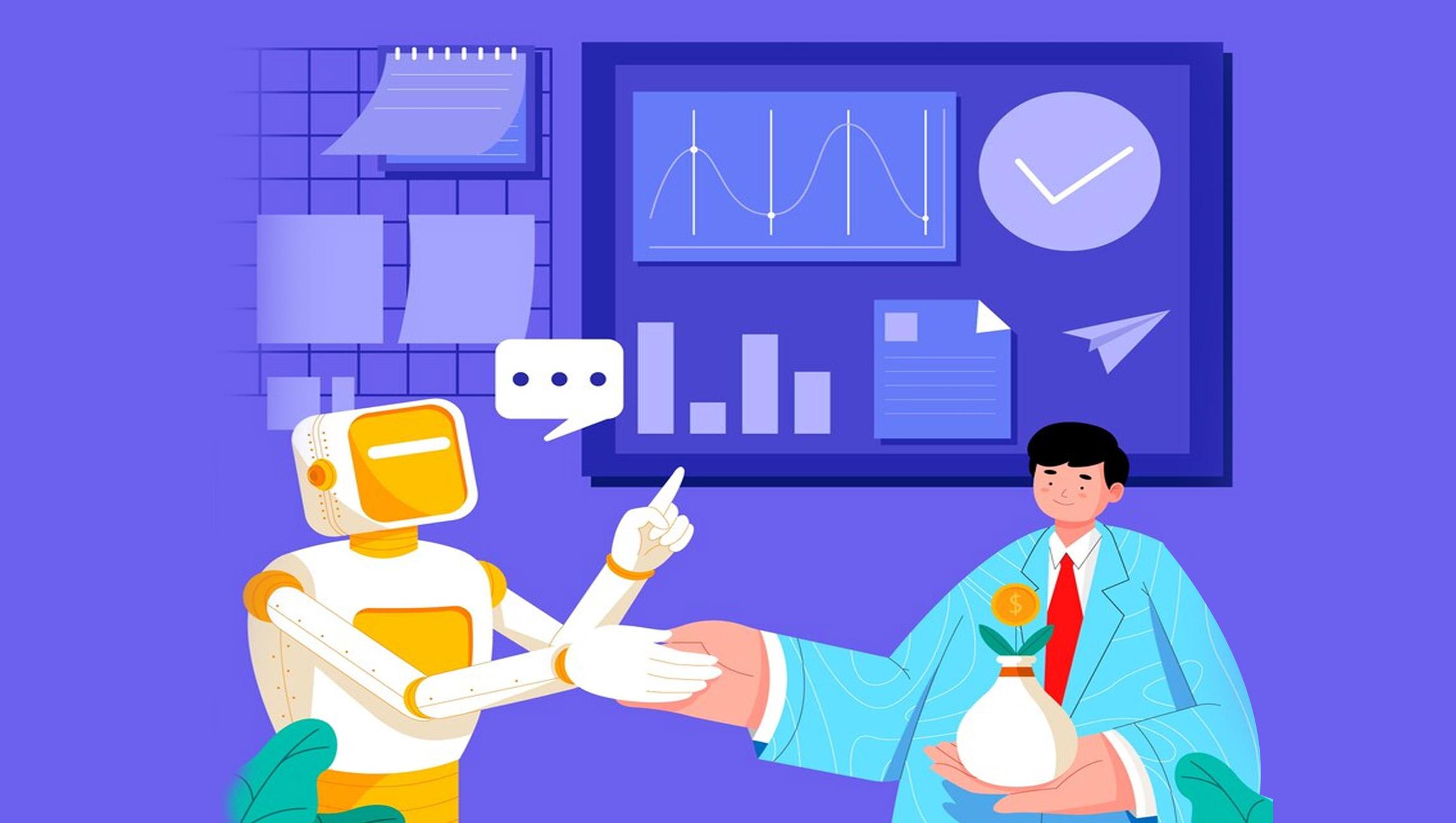Organizations bring AI technologies into production to automate business processes, enhance collaboration, ISG Provider Lens® report says
Swiss enterprises are at the forefront of the global transition to an AI-driven future of work, adopting automation and hybrid work practices faster and with greater focus than their European counterparts, according to a new research report published by Information Services Group (ISG) , a global AI-centered technology research and advisory firm.
AI adoption in Switzerland has moved beyond experimentation to large-scale implementation. As organizations automate more processes, the challenge now is to use AI to create new ways of working that enhance both productivity and employee well-being.
The 2025 ISG Provider Lens® Future of Work Services report for Switzerland finds that enterprises are expanding the use of AI, including autonomous agentic systems, to enhance efficiency, agility and decision-making. They are also developing comprehensive, transparent frameworks for responsible AI to foster employee trust and ensure sustainable productivity.
“AI adoption in Switzerland has moved beyond experimentation to large-scale implementation,” said Uwe Ladwig, managing director at ISG. “As organizations automate more processes, the challenge now is to use AI to create new ways of working that enhance both productivity and employee well-being.”
Swiss enterprises are advancing workplace strategies and modernization programs within a highly competitive market affected by regulatory, environmental and workforce pressures. As they bring AI implementations to full production, AI governance is becoming a key criterion for selecting service providers. Environmental, social and governance (ESG) requirements are increasing the adoption of sustainability practices with measurable results, such as carbon tracking and circular IT. Organizations are also prioritizing employee-centric design to ensure technology investments bring productivity gains and better digital experiences.
Marketing Technology News: MarTech Interview With Chris Golec, Founder and CEO at Channel99
Collaboration in Swiss enterprises is evolving in response to technological advances and employee expectations. Enterprises are shifting their focus from traditional service-level indicators to user experience metrics that quantify adoption, engagement and productivity. Generative AI platforms, such as Microsoft Copilot, are accelerating this transition, prompting organizations to establish structured frameworks for AI readiness and governance. As collaboration ecosystems expand, enterprises are selecting system integrators that deliver interoperable, vendor-agnostic solutions aligned with Swiss data protection and compliance requirements.
Enterprises in Switzerland are balancing the need for localized, compliance-driven support with the advantages of global, AI-enabled service platforms. Digital employee experience (DEX) has become a central priority, with providers offering telemetry and AI analytics to identify and resolve issues before they affect operations. Organizations are embracing subscription-based device-as-a-service (DaaS) models for full lifecycle management and predictable costs. They also continue to rely on nationwide field services to ensure operational resilience and meet sustainability targets.
“Swiss enterprises are approaching AI adoption with notable maturity,” said Roman Pelzel, principal analyst, ISG Provider Lens Research, and lead author of the report. “They use strong governance to embed reliability and accountability into AI systems, ensuring these technologies deliver consistent, transparent outcomes.”
The report also explores other workplace technology trends in Switzerland, including the use of AI for operations (AIOps) for intelligent automation and the rise of verticalized workplace solutions tailored to industry-specific needs.
For more insights into work-related challenges enterprises face in Switzerland, along with ISG’s advice for addressing them, see the ISG Provider Lens® Focal Points briefing here.
The 2025 ISG Provider Lens® Future of Work Services report for Switzerland evaluates 40 providers across six quadrants: Workplace Strategy and Enablement Services, Collaboration and Next-Gen Experience Services, Managed End-User Technology Services, Continuous Productivity Services (including Next-Gen Service Desk), Smart and Sustainable Workplace Services and AI-Augmented Workforce Services.
The report names Swisscom, TCS and Wipro as Leaders in all six quadrants. It names Bechtle as a Leader in five quadrants. Accenture and Capgemini are named as Leaders in four quadrants each, while Deloitte, DXC Technology, HCLTech, Infosys and Unisys are named as Leaders in three quadrants each. Aveniq, ELCA/EveryWare and PwC are named as Leaders in two quadrants each. Cognizant, EY, KPMG, Lenovo, Ricoh and SPIE are named as Leaders in one quadrant each.
In addition, Stefanini is named as a Rising Star — a company with a promising portfolio and high future potential by ISG’s definition — in two quadrants. ITRIS One, NTT DATA and Ricoh are named as Rising Stars in one quadrant each.
In the area of customer experience, Microland is named the global ISG CX Star Performer for 2025 among workplace service providers. Microland earned the highest customer satisfaction scores in ISG’s Voice of the Customer survey, part of the ISG Star of Excellence™ program, the premier quality recognition for the technology and business services industry.












